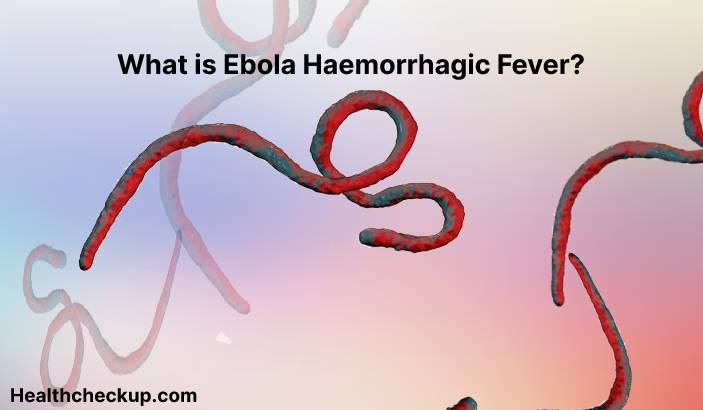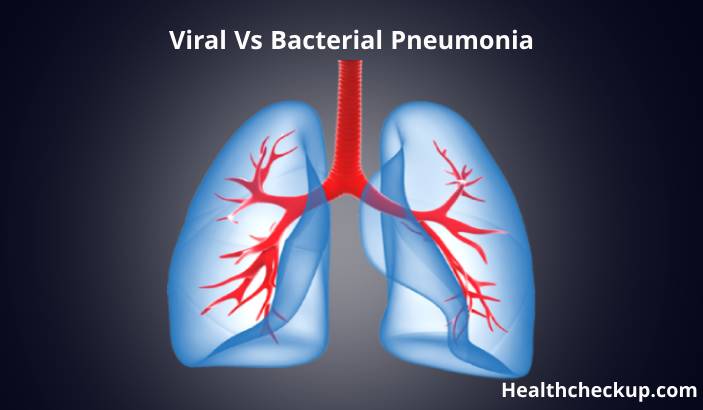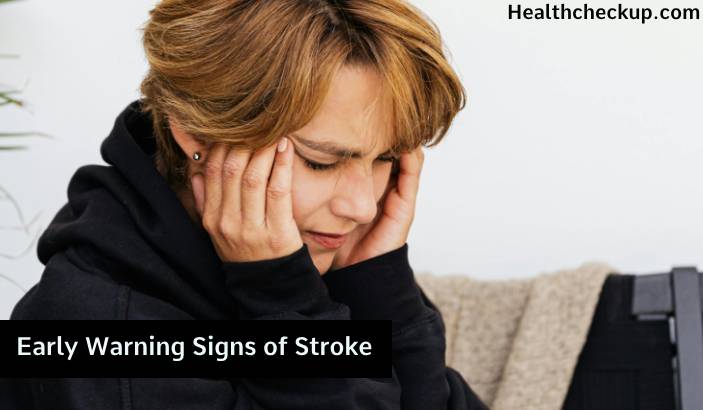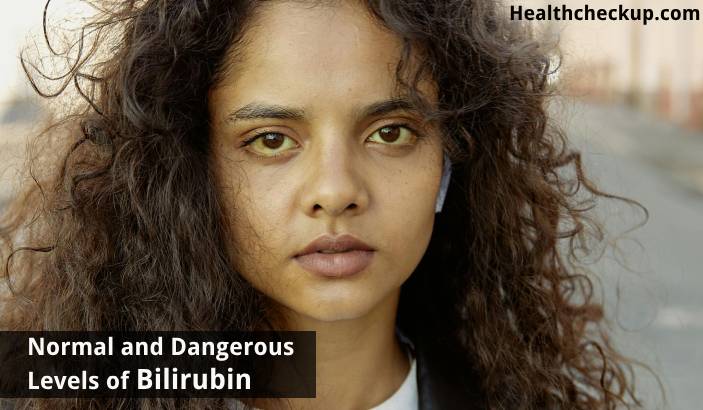Ebola virus disease, also known as Ebola haemorrhagic fever, is a severe and potentially life-threatening illness caused by the Ebola virus. It is transmitted to humans through contact with the blood or bodily fluids of infected animals, such as fruit bats, gorillas, chimpanzees, and monkeys, or through contact with the blood or bodily fluids of infected humans. Ebola outbreaks have occurred primarily in sub-Saharan Africa, but the virus has also been identified in other parts of the world.
Symptoms of Ebola
Symptoms of Ebola appear two to 21 days after infection and include:
- Fever
- Headache
- Joint and muscle aches
- Weakness
- Diarrhea
- Vomiting
- Stomach pain
- Lack of appetite
As the illness progresses, symptoms become more severe that include:
- Rash
- Bleeding from the gums, nose, or other sites
- Difficulty breathing
- Chest pain
- Confusion
In severe cases, Ebola can lead to organ failure and death.
Diagnosis of Ebola
Ebola is typically diagnosed based on the presence of characteristic symptoms and a history of exposure to infected animals or individuals. Laboratory testing, such as a blood test or PCR test, is used to confirm the diagnosis.
Treatment of Ebola
There is no specific treatment for Ebola. Treatment is typically supportive and includes measures to manage symptoms and prevent complications, such as medications to reduce fever and pain, and fluids to prevent dehydration. In severe cases, to provide supportive care, such as oxygen therapy and blood transfusions, hospitalization is necessary.
Prevention of Ebola
There are several steps that can help to reduce the risk of Ebola, including:
Avoiding contact with infected animals: It is important to avoid contact with animals, such as bats and nonhuman primates, that may be infected with the Ebola virus.
Practicing good hygiene: Washing hands with soap and water, particularly after coming into contact with blood or bodily fluids, can help to reduce the risk of infection.
Avoiding close contact with infected individuals: It is important to avoid close contact with individuals who are experiencing symptoms of Ebola or who have been exposed to the virus.
It is also important to follow guidelines from public health authorities and to seek medical attention if you suspect that you have been exposed to the Ebola virus. Early diagnosis and treatment helps to improve outcomes.









